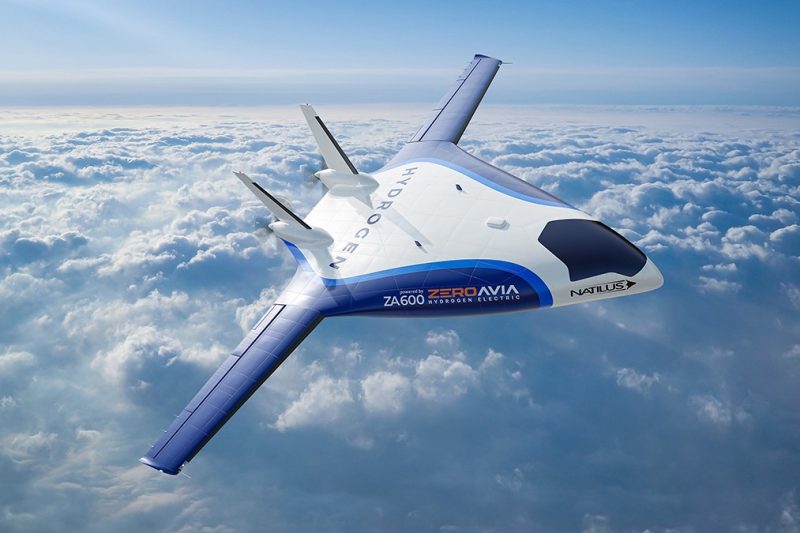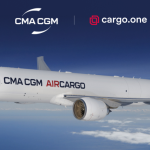Natilus, ZeroAvia to jointly develop hydrogen-electric engines
Autonomous cargo aircraft developer Natilus and zero-emission engine developer ZeroAvia have partnered to jointly develop hydrogen-electric engines for the Natilus Kona cargo aircraft.
ZeroAvia’s ZA600 will be the sole hydrogen-electric propulsion source offered for the Kona short-haul feeder UAV, with the aim of enabling zero-emission and cost efficient operations.
Natilus said its Kona aircraft, which has a blended-wing body (BWB) design, offers increased volume for hydrogen storage, to maximize the flight range.
California-based Natilus recently validated the performance of the BWB design with flight testing of a quarter-scale Kona prototype aircraft, following three years of wind-tunnel testing.
ZeroAvia, which has bases in the UK and the US, has now conducted eight test flights of its prototype ZA600, 600kW engine in a 19-seat testbed aircraft.
Aleksey Matyushev, co-founder and chief executive of Natilus, said: “Natilus has a long-term commitment to being a responsible steward of our environment, instituting practices that can protect the environment through continual improvements to save fuel and water, reduce waste, air emissions, noise, and material consumption.
“The Natilus-ZeroAvia partnership goes further, bringing the talents and innovations of the two companies together to deliver much needed innovation in the air cargo delivery industry and multiple solutions for our customers.”
Val Miftakhov, founder and chief executive of ZeroAvia, said: “Given Natilus’ impressive order book and corresponding technology development, working together on integrating the ZA600 as a line-fit engine for Kona can multiply the emissions and costs benefits that are already interesting cargo operators.
“We all depend on air cargo operators, and some communities depend on them absolutely, so improving the economics and environmental impacts of these operations while increasing service levels is a massive opportunity.”
Natilus currently has more than $6.8bn in order commitments, and 460+ aircraft in pre-orders, from companies including major airlines and integrators: Ameriflight, Volatus Aerospace, Flexport, Astral, Aurora International, and Dymond.
The company is now working on construction of a full-scale Kona technology demonstrator, which will have a wingspan of 85 ft.
This will be the largest commercial air cargo drone and is targeted to fly in 2024, said Natilus.
In December last year, Natilus partnered with engineering and manufacturing company Janicki for composite part design and fabrication for the Kona UAV prototype.
In August 2022, Natilus selected Pratt & Whitney Canada to supply the engines for the Kona UAV.
Natilus is also developing Alisio – a 60-ton payload medium/long range UAV, and Nordes – a 100-ton payload long-range UAV.
ZeroAvia has demonstrated a prototype of the ZA600 with world-first flight testing of a retrofitted 19-seat aircraft in flight with its prototype.
The company has struck several key agreements with airframe OEMs relevant to ZA600 – including Textron Aviation, manufacturer of the Cessna Caravan, and private aircraft manufacturer Otto Aviation.














